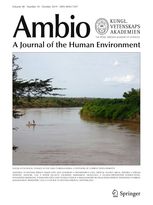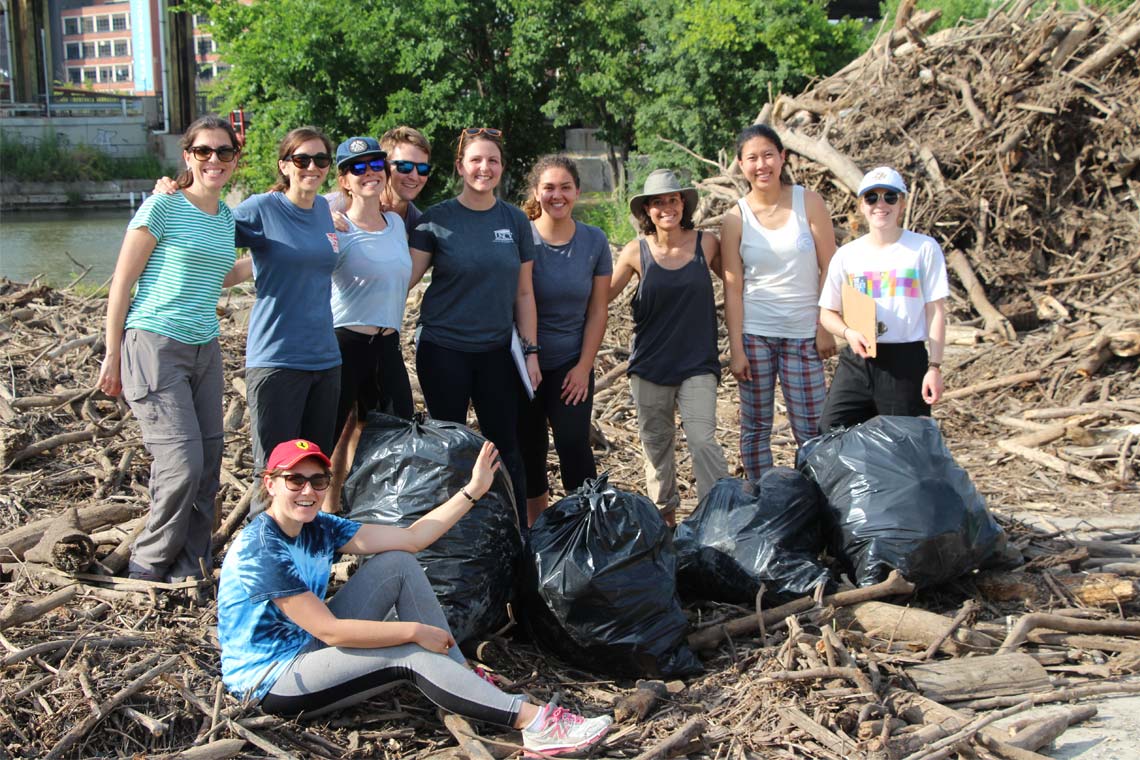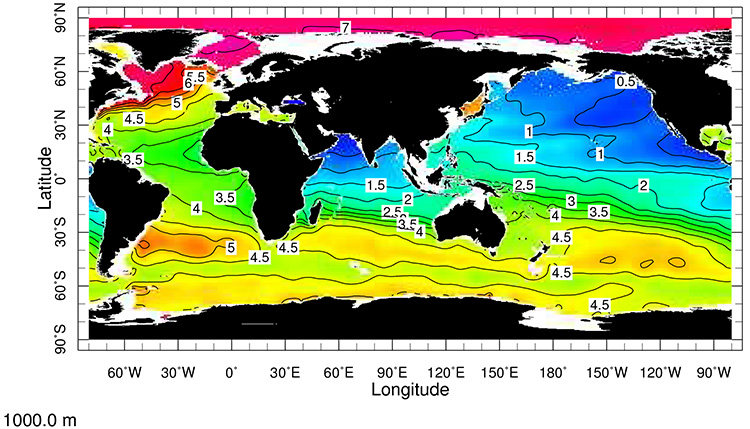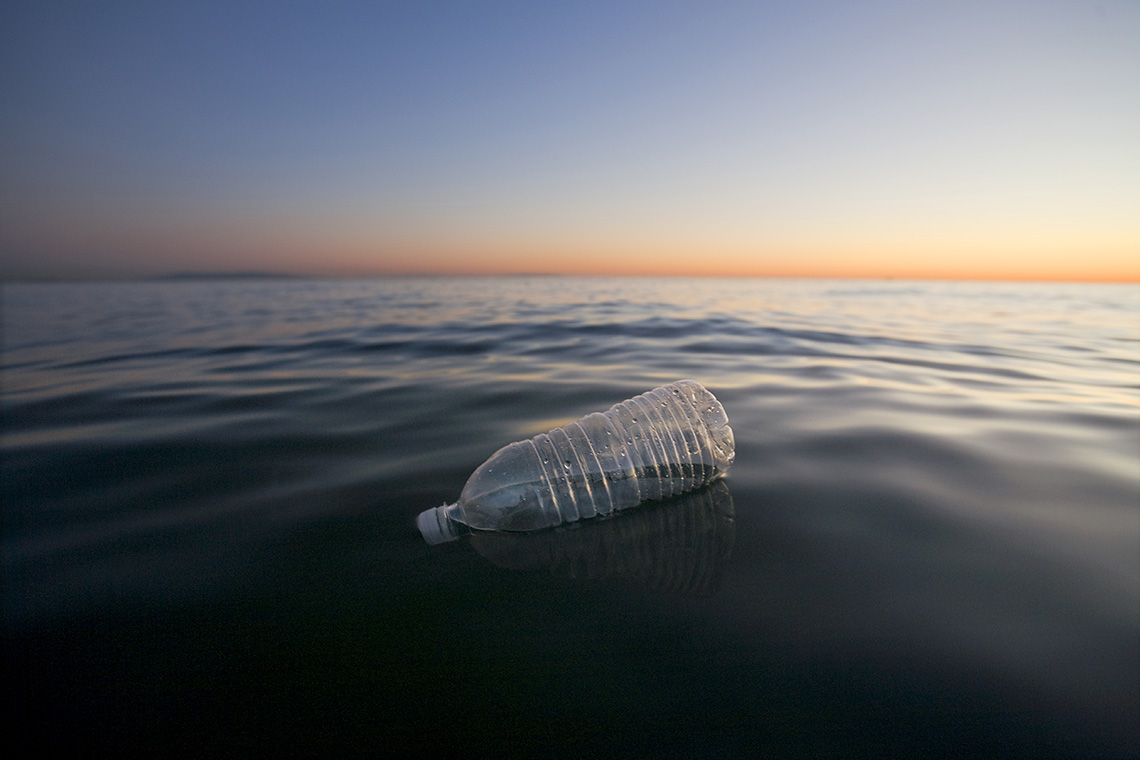Tag: water

Climate change could impact omega-3 levels worldwide, U of T researchers find
Climate change won’t just bring rising sea levels and more extreme weather — it could also impact your dinner plate.
A new University of Toronto study suggests that a warmer world will decrease the availability of a nutrient that is key to development and brain health. The study, published in the journal Ambio, investigates worldwide production of docosahexaenoic acid (DHA), a naturally occurring essential omega-3 fatty acid. The group of molecules is needed for higher-level brain functioning and cognition, memory, eyesight, particularly at crucial stages in fetal brain development.

Is there plastic in our drinking water? Probably – and U of T researchers are studying how concerned we should be
Is there plastic in your drinking water? The University of Toronto’s Bob Andrews and Chelsea Rochman say there is – but, unfortunately, they don’t have much more information to share.
“If someone asks me how microplastics in drinking water influence human health, I have to say that we have no idea,” says Rochman, an assistant professor in the department of ecology and evolutionary biology in U of T’s Faculty of Arts & Science.
Read the full story.

U of T researcher signs on to charter aimed at making Toronto ‘flood resilient’: Toronto Star
Fadi Masoud, an assistant professor of landscape architecture and urbanism at the John H. Daniels Faculty of Architecture, Landscape, and Design, has signed on to a landmark charter that will see representatives of municipal and provincial agencies work together to find ways to reduce urban flooding in Toronto.
Signatories to the Flood Resilient Toronto Charter – which include officials from Toronto Hydro, the Toronto Transit Commission, Conservation Ontario and the provincial environment ministry – will use cutting-edge data and collaborative projects to identify and protect city locations most vulnerable to flooding from storm water, the Toronto Star reported.

The last straw: U of T ecology expert, students create inventory of plastic litter that collects in the Don River
On a hot and muggy July day, Chelsea Rochman, an assistant professor of ecology and evolutionary biology at the University of Toronto, and a group of students made their way to the mouth of the Don River, armed with gardening gloves, garbage bags and a first aid kit.

U of T scientists draw new connections between climate change and warming oceans
It happened once before, and it could happen again. That’s the warning from ocean scientists at the University of Toronto and the University of California, Santa Cruz in a study published recently in Science that shows how an increase in CO2 in Earth’s atmosphere more than 50 million years ago dramatically changed the chemistry of the planet’s oceans.

Plastic not just a problem in our oceans, also affecting the Great Lakes: U of T research
Chelsea Rochman, assistant professor of ecology and evolutionary biology at the University of Toronto, says we should be paying close attention to what’s taking place closer to home in the Great Lakes.
“The contamination in the Great Lakes and other bodies of freshwater from plastics and microplastics is ubiquitous,” says Rochman, who looks at plastic debris and its associated chemical contaminants.
